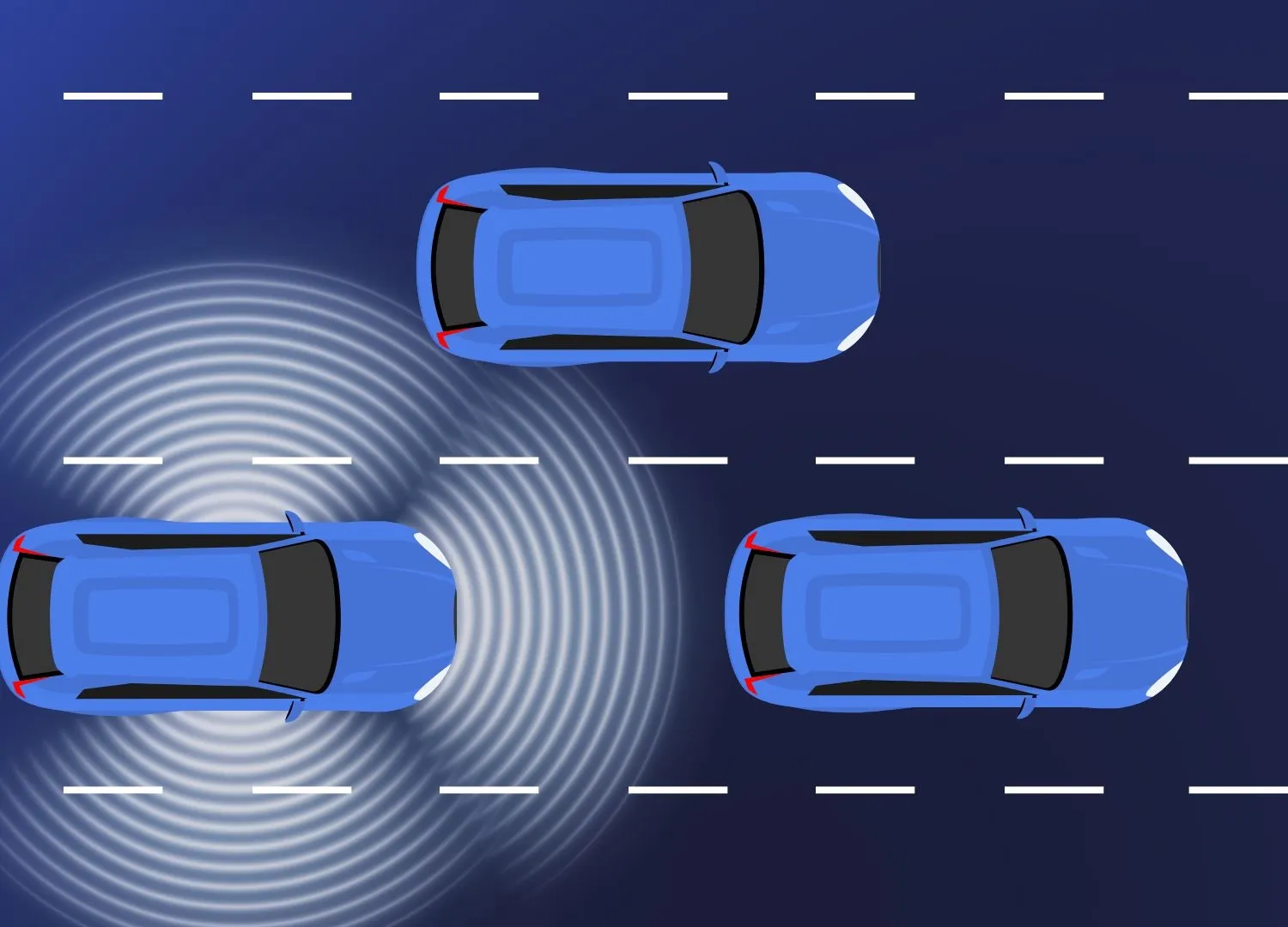German PTV group has signed a new agreement with Greek software company Emisia to incorporate the COPERT Australia database of CO2 emissions and fuel consumption in its routing and optimisation solutions.
COPERT Australia is a specific database for Australia's route network and will be embedded into the PTV xServers, a range of advanced software components for route and trip planning. This will enable detailed calculation of CO2 emissions for heavy duty vehicles on trip and stop level in accordance with
May 15, 2014
Read time: 2 mins
German 3264 PTV group has signed a new agreement with Greek software company Emisia to incorporate the COPERT Australia database of CO2 emissions and fuel consumption in its routing and optimisation solutions.
COPERT Australia is a specific database for Australia's route network and will be embedded into the PTV xServers, a range of advanced software components for route and trip planning. This will enable detailed calculation of CO2 emissions for heavy duty vehicles on trip and stop level in accordance with the COPERT standard.
COPERT is an application to calculate greenhouse gas and air pollutant emissions from road transport, covering all important vehicle classes and driving conditions. It includes algorithms that have been developed from data collected in Australian test programs designed to reflect the Australian fleet and activity data. COPERT Australia is extensively used for road transport emission inventories across Australia and is fast becoming the harmonised national prediction tool.
“Climate protection will become an important topic for Australia. Our innovative solutions now enable Australian transport logistics companies not only to save money, but to provide a complete new range of sustainable and eco-friendly logistics services. As a result, green logistics concepts can now be promoted throughout Australia – thanks to PTV's new technology for precise and standardised calculation of transport related emissions,” says Joost Bekker, Business Development manager, PTV Asia Pacific.
COPERT Australia is a specific database for Australia's route network and will be embedded into the PTV xServers, a range of advanced software components for route and trip planning. This will enable detailed calculation of CO2 emissions for heavy duty vehicles on trip and stop level in accordance with the COPERT standard.
COPERT is an application to calculate greenhouse gas and air pollutant emissions from road transport, covering all important vehicle classes and driving conditions. It includes algorithms that have been developed from data collected in Australian test programs designed to reflect the Australian fleet and activity data. COPERT Australia is extensively used for road transport emission inventories across Australia and is fast becoming the harmonised national prediction tool.
“Climate protection will become an important topic for Australia. Our innovative solutions now enable Australian transport logistics companies not only to save money, but to provide a complete new range of sustainable and eco-friendly logistics services. As a result, green logistics concepts can now be promoted throughout Australia – thanks to PTV's new technology for precise and standardised calculation of transport related emissions,” says Joost Bekker, Business Development manager, PTV Asia Pacific.









